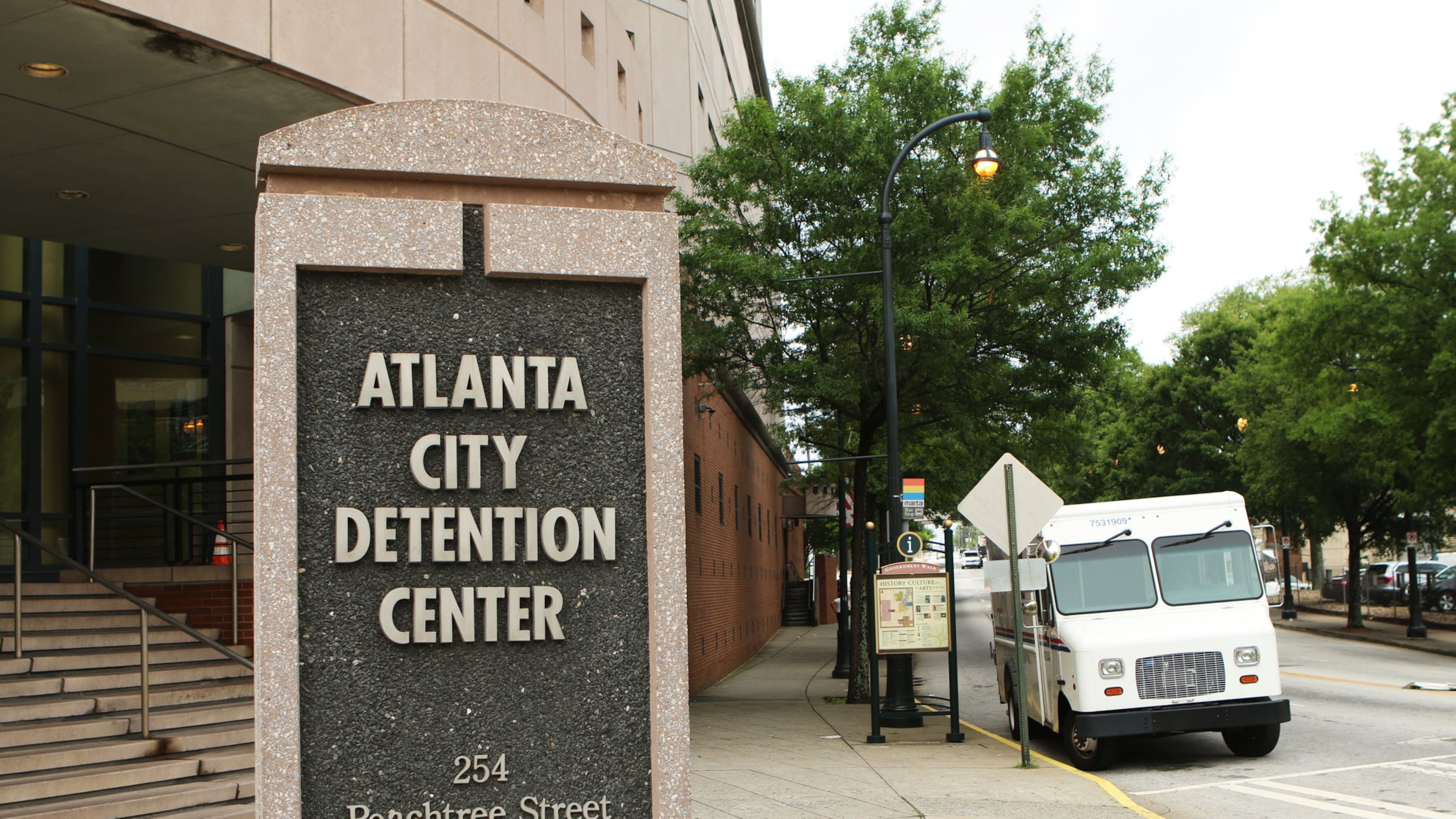Opinion: Purpose found, ideas sought for ATL city jail

Atlanta’s city jail holds only non-violent people accused of the lowest level offenses – for example, driving with a suspended license; driving with expired license plates and possession of less than an ounce of marijuana.
An overwhelming number of these individuals are poor. Many are homeless. They are disproportionately Black. Being jailed does little to address the issues that brought them into contact with law enforcement and the criminal justice system in the first place.
In many cases, their detention may have made their financial situation worse. Instead of making our streets safer, jail time makes struggling lives harder. It weakens families and jeopardizes already precarious jobs and housing.
On May 25, Mayor Keisha Lance Bottoms signed legislation to start planning to close our city jail, the Atlanta City Detention Center (ACDC), a major step forward in the mission to make Atlanta a safer and more equitable city.
Less than six weeks later, Mayor Bottoms and the Atlanta City Council appointed a task force charged with making recommendations to the Mayor on how to repurpose the 471,000 square-foot jail facility.
We, the appointed co-chairs for this task force, are taking seriously our mandate to engage the community and explore ways to convert the city jail into a center that offers resources around wellness, drug treatment, education, and job training.
We are exploring everything from 24-hour child care options, employment programs, creative arts, social entrepreneurship, affordable housing, and even a community greenhouse on the roof.
We believe this strategy builds on Atlanta’s reputation as a city that invests in people and services rather than prison sentences. It is a pathway to progress that creates real solutions instead of levying punishments that result only in warehousing the unfortunate.
Even with a drastically reduced budget, the ACDC costs the public more than $20 million to operate. Most recently, it has been housing fewer than 90 individuals a night.
It may sound counterintuitive to some that closing the city jail will increase public safety, but the evidence is clear that it does and will. Over-policing and penalizing these lowest level offenses misdirects vital law enforcement resources and creates barriers that prevent people from getting jobs, homes, and becoming stabilized in their lives and communities.
In a re-imagined center for wellness, we will have more resources devoted to reducing recidivism and helping vulnerable populations achieve their potential and transition to healthy and contributing lives.
Working with nonprofits, the community, corporate sponsors and the state of Georgia, Mayor Bottoms and the Atlanta City Council already have made bold moves to reform our criminal-justice system and shift our approach to community wellness.
For example, The city has eliminated cash bail bond for nonviolent, ordinance violations. No one should languish in jail awaiting trial simply because they are poor.
In the last two years, the city’s Pre-Arrest Diversion Initiative and At-Promise Center for youth have offered residents holistic services including housing, academic resources, mentorship and health care.
With major Atlanta-based partners such as Delta Air Lines, The Home Depot and Georgia Power, the mayor launched the Center for Workforce Innovation at Atlanta Technical College, preparing students for skilled jobs at those companies and placing them in employment upon graduation.
In sum, the city is driving proven, proactive initiatives to enable our residents to steer clear of jail. We are investing our resources where they create opportunity for all, because we all understand that healthy and equitable communities are safe communities.
The outdated and failed approach of overly penalizing or incarcerating a person who is struggling with poverty, homelessness, substance use, or mental illness is bad for our budget, bad for business, and worse for the health of our communities.
As a city, we can and will do better. We invite you to participate in this incredible opportunity by visiting www.ReimaginingACDC.org and joining us for an upcoming community meeting and/or task force meeting.
Bill McGahan, Marilynn Winn, and Rashad Taylor are co-chairs for the Reimagine ACDC Taskforce.

